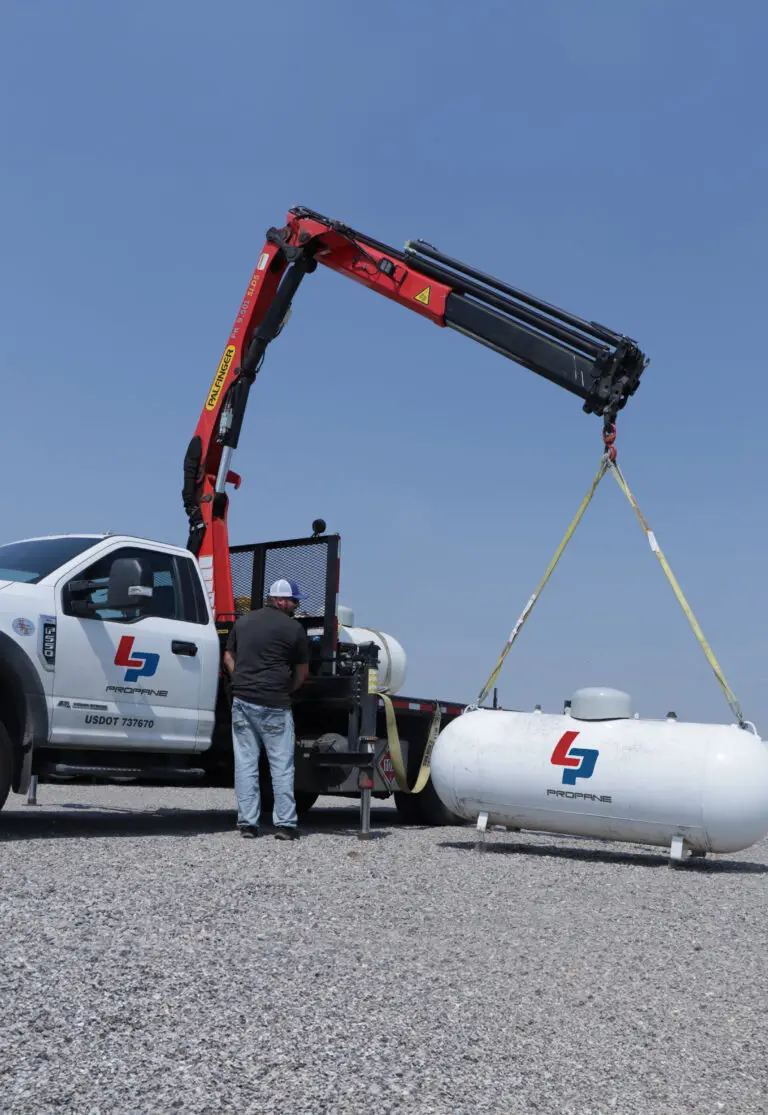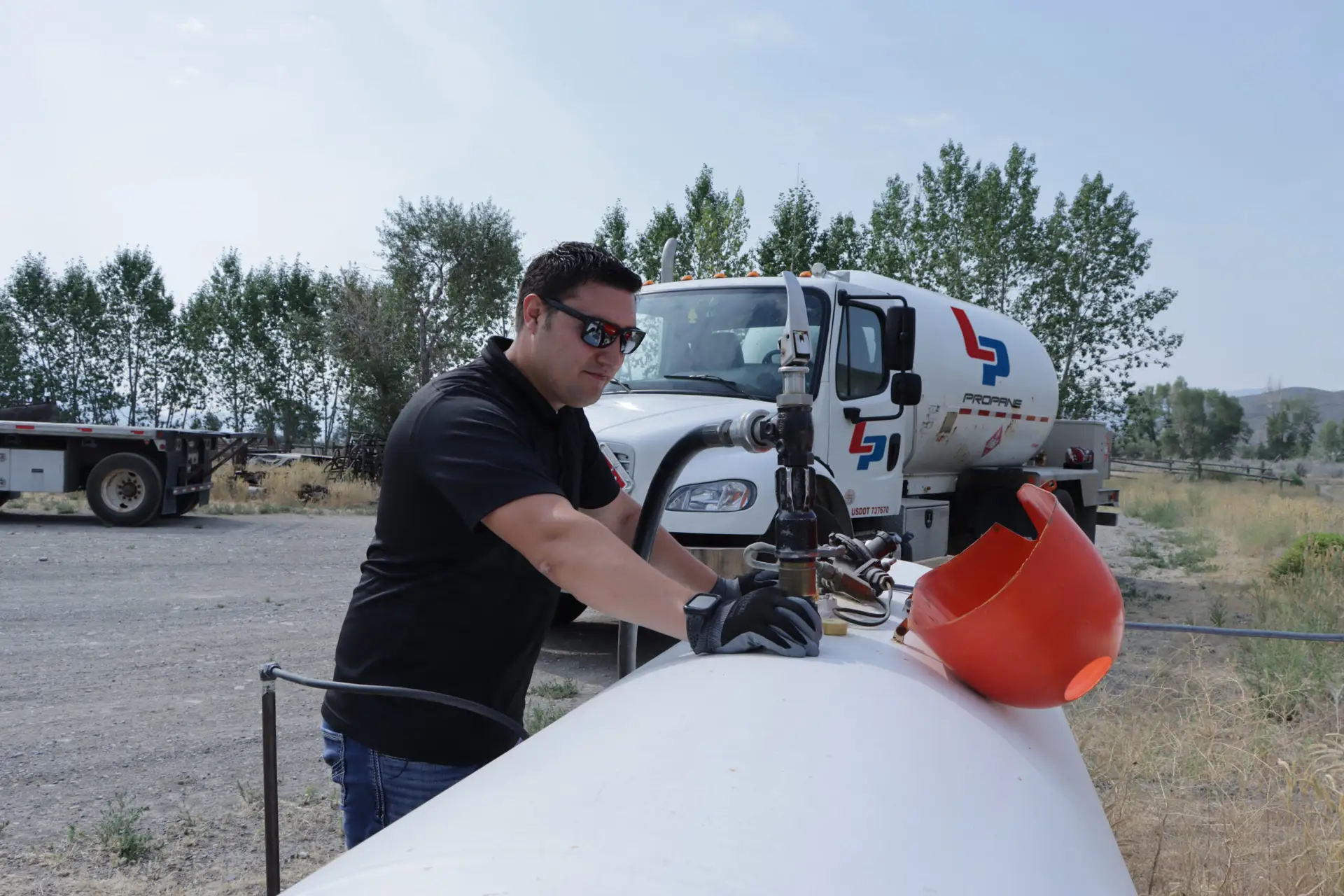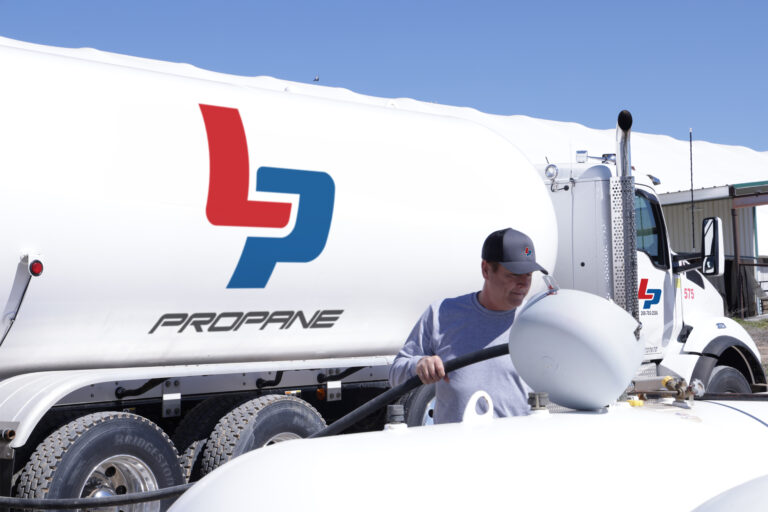
How Smart Tank Monitoring Gives You Peace of Mind All Year Long
How Smart Tank Monitoring Gives You Peace of Mind All Year Long Managing propane shouldn`t feel like a guessing game. Yet for many owners and businesses, tracking tank tiers has historically meant guide tests, sudden runouts, or last-minute transport calls.

